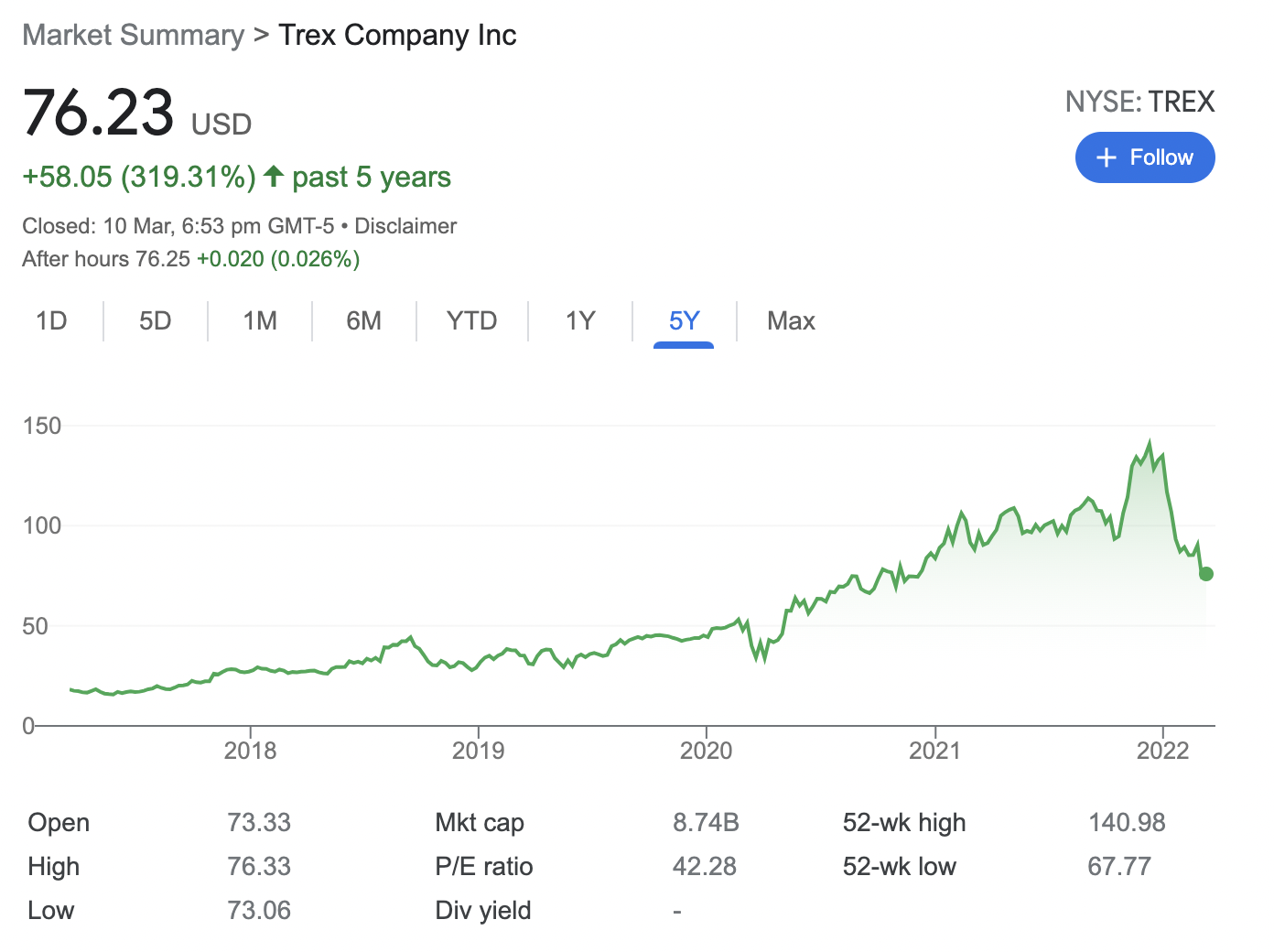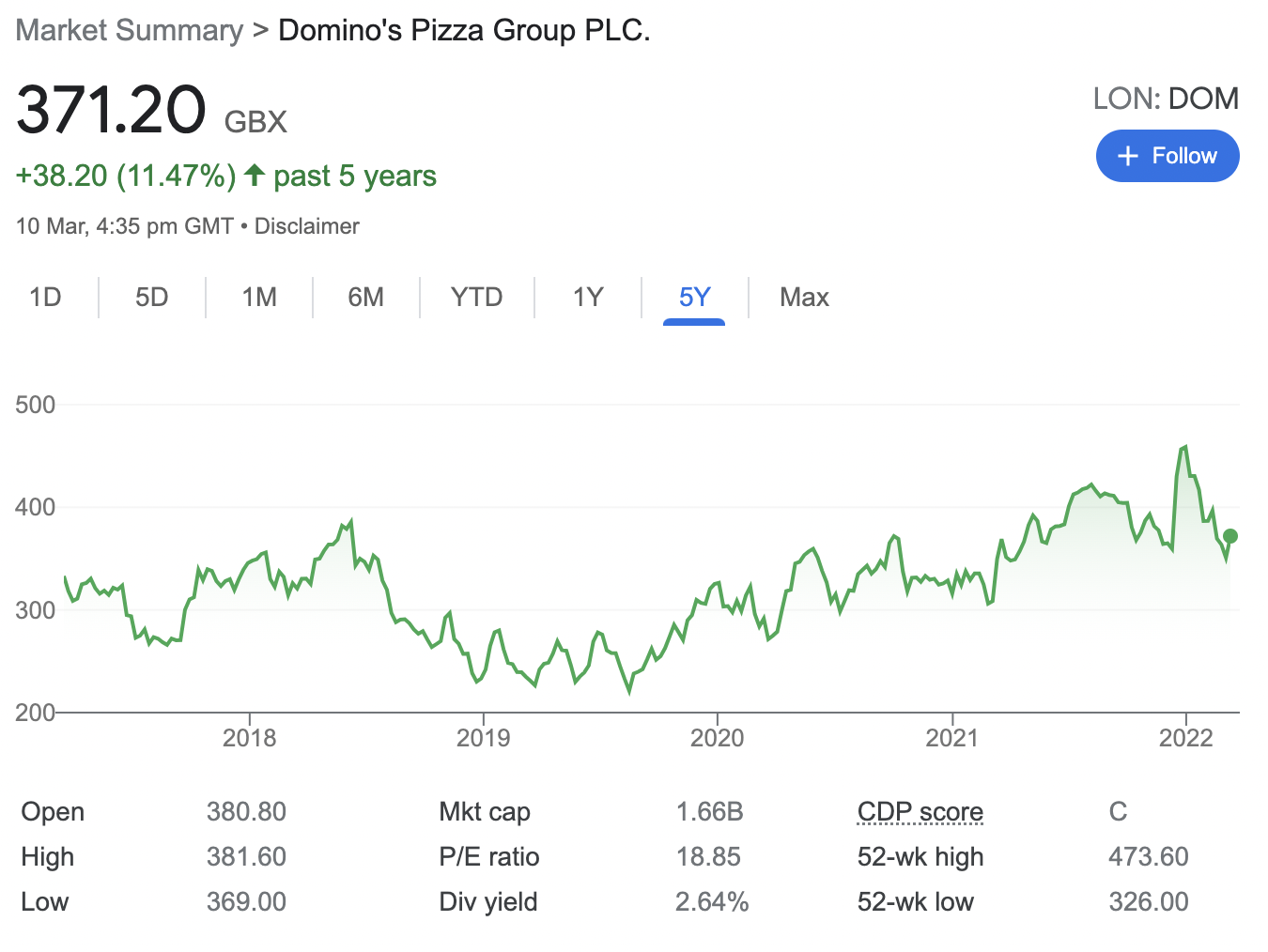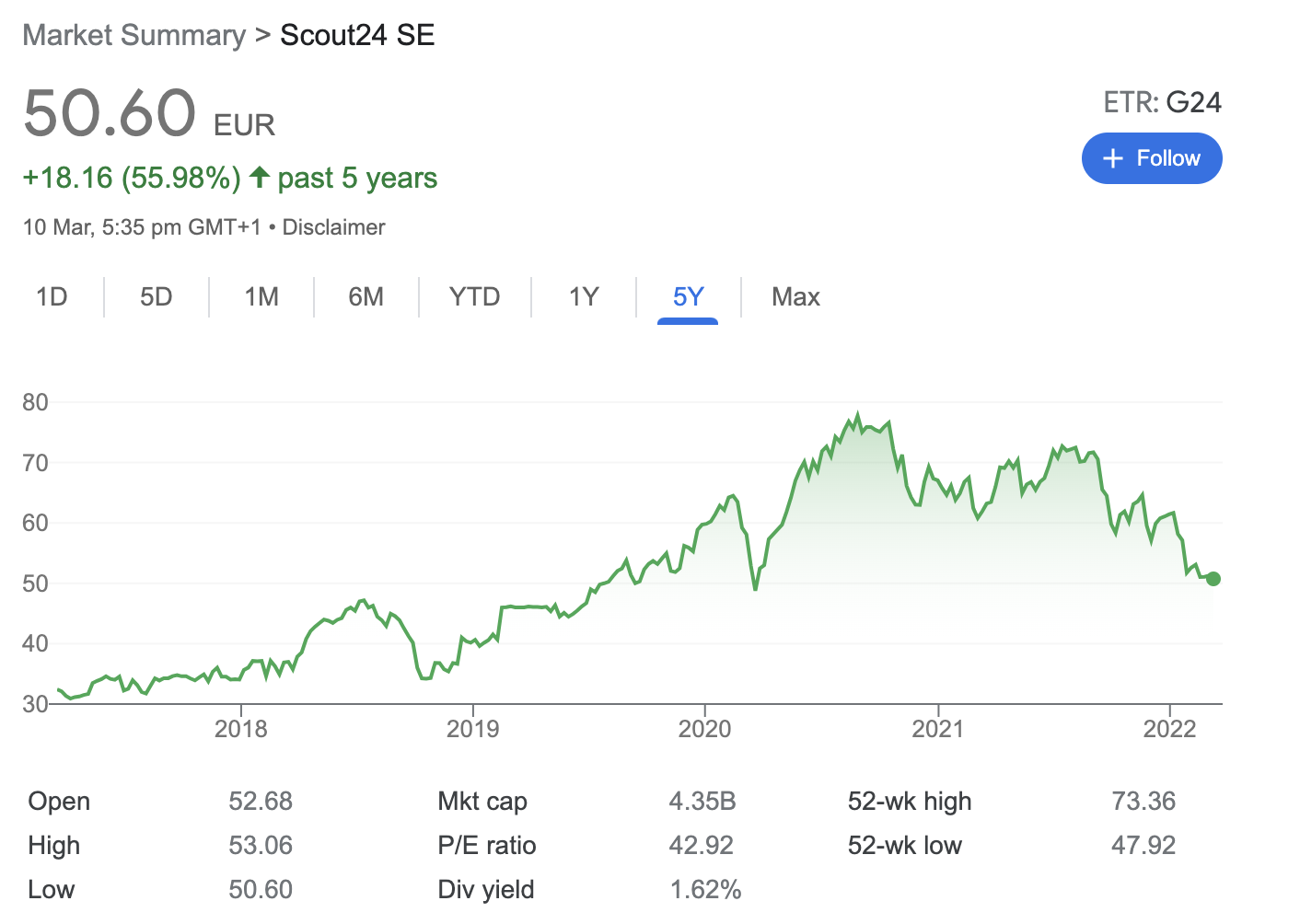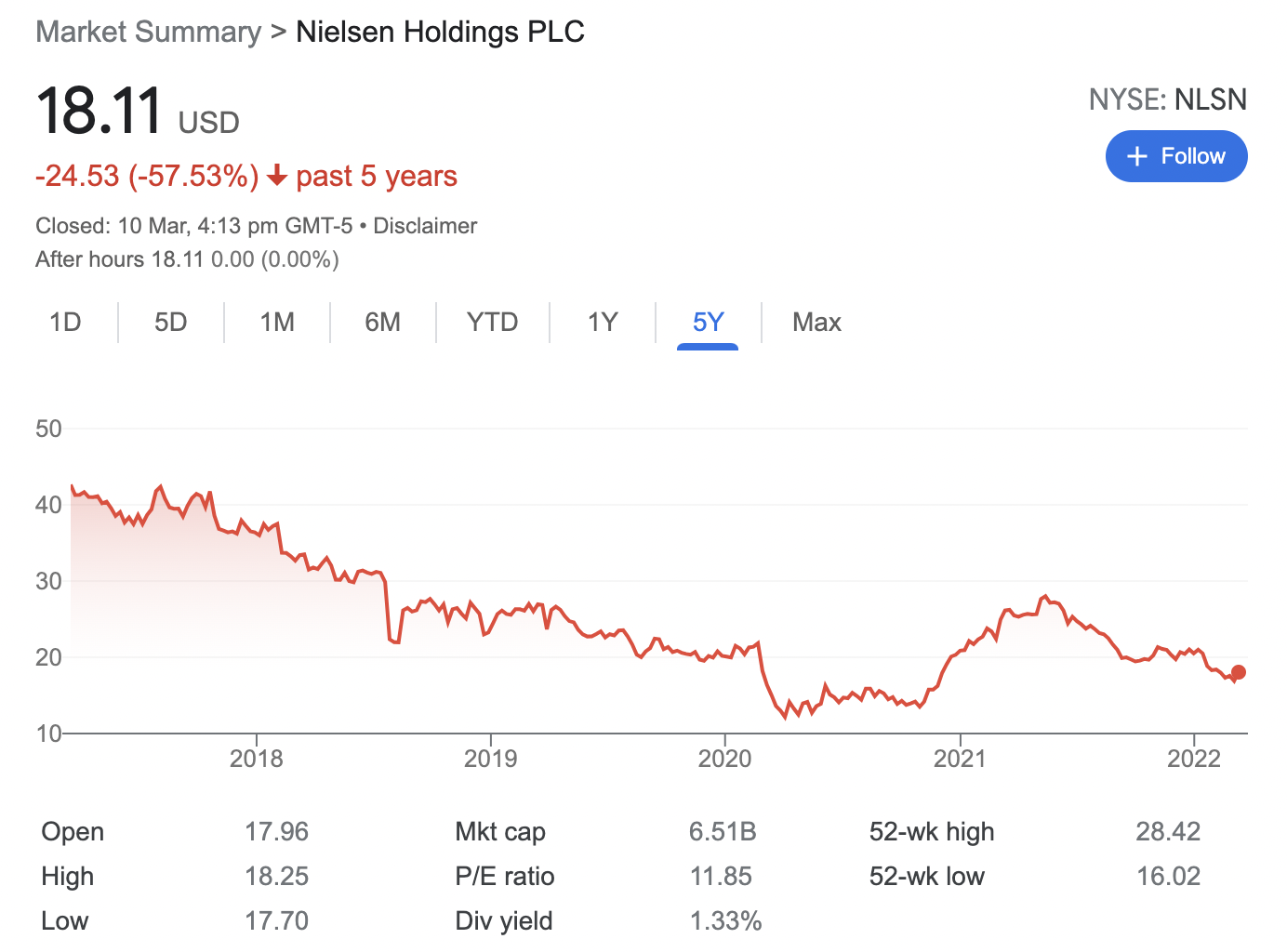The Fund that other fundies are backing (and their favourite stocks)
A few months ago, as part of our annual Outlook Series, Livewire pressed some of the country's finest fund managers to name one peer (or competitor) that they would be happy to invest their own savings with, if not their own portfolios, in 2022.
It's a complicated question, with a range of plausible answers. Do you choose a fund manager who specialises in a different field to you; a nice hedge for your own holdings? Or do you go with someone who invests just like you? After all, it could seem a bit disingenuous to back a global growth manager, for instance, if you have always advocated for the virtues of value.
While we received a variety of responses (21 to be exact), there was only one local Aussie fund manager that received two glowing reviews: Fairlight Asset Management.
Both Claremont Global's Bob Desmond and Prime Value's Richard Ivers selected the founder and senior portfolio manager of the global small and mid-cap fund, Nicholas Cregan, as the fund manager with whom they would entrust their cash over the year ahead.
So Livewire decided to reach out to Cregan for an interview, and luckily, he agreed. In this wire, you'll find out what makes Cregan tick, how he has developed his strategy over the years (and the lesson's from some of his mentors), as well as plenty of stock tips that are currently looking attractive.
Note: This interview was conducted on Monday 7th March 2022.
.jpg)
You were chosen by two fund managers in our Outlook Series as the manager they would entrust their own savings with. Why do you think this is?
The first thing I'd say, off the record, is that I just paid them, so that was pretty simple. But jokes aside, I honestly don't know. I was pleasantly surprised in a lot of ways, because, what an endorsement! There are industry awards and all sorts of other bits and pieces, but being recommended by your peers, and also by two top-notch fund managers, is even more incredible.
I don't know if it's that they're backing our team personally, or if they're backing our process. But I think the fact that our process is so easy to understand helps to assure people that we're going to be executing against a set of rules that are quite repeatable. And on top of that, the way that we communicate with our clients has been very consistent.
So I think that gives a lot of people a lot of comfort; that no matter what style is working in the market at a particular time, there is a lot of evidence that over the long term, what we do, as long as we do it well, tends to work. And it's the discipline around that which I think gives our peers, and also our investors, a lot of confidence that over a five to seven-year journey, they're going to do just fine.
You have worked on the sell-side at Ord Minnett, and on the buy-side for Evans and Partners and Schroders prior to your role with Fairlight. How has your strategy developed over this time?
Ord Minnett was fantastic. It was part of JP Morgan at the time, so it was an early grounding in understanding both the retail and the institutional worlds. I was thankful that I was working in the Ord Minnett section because they gave me way too much responsibility early on as a young analyst.
And from that process, I was pitching fund managers, such as Schroders. And I was just very fortunate at the time that a chap called David Wanis, who is an incredible investor, was starting the small and micro-cap funds for Schroders at the time, so I joined them.
On the back of that, I was invited over to New York to work with a lady called Jenny Jones, who is well known as one of the best small-cap managers in the US. I worked under her tutelage for a few years, which is absolutely invaluable experience.
I came back to Australia and I was very fortunate to have a wide set of opportunities presented to me. At the time, Evans and Partners and a chap called Stephen Arnold, who now runs Aoris, had built out a fledging funds management business within Evans, and the desire there was to take it to the mainstream.
And so I worked along with Stephen, who is a great investor and a great guy, to build that product out. And then some years later, Stephen and I decided to go our separate ways.
When I left and I was not 100% sure what I was going to do. But I had a loose view that, over time, I would develop a global small-cap product. I eventually did and was joined by Will Dowd from Evans and Partners. He and I started to build out the product, and we were later joined by Ian Carmichael, who is ex-Platinum, and then Alvise Peggion, who's ex-Forager.
Through David Wanis's tutelage, and Jenny, to some extent, and then later, Stephen, I increasingly saw the importance of - and this is the most overused word in finance - quality.
What does quality mean to us? Well, there are lots of different ways to define it. But really we are looking for businesses that can sustain really high returns on capital in any market environment.
For example, about 85% of the companies in our portfolio were listed during 2008 and 2009. And despite them being small and mid-cap businesses, 100% of those companies were profitable during that period.
What are some of the greatest lessons your mentors have taught you?
DAVID WANIS:
So from David Wanis, it's the importance of ensuring you match funds management with strong IT systems.
Very early on he taught me the power of building custom analytical tools to collate huge amounts of data with a team of very few people. So that was very, very important. That was something that kept me in good stead and has guided some of the hiring we've done within Fairlight as well.
JENNY JONES:
From Jenny Jones, it's was the importance of having different styles of investing running through your portfolio.
So at Fairlight, we've got high-quality growth, stable compounders and low-risk turnarounds, all anchored in quality - all bound to the idea of high returns on investment. And those three styles usually act quite differently through an investment cycle. Jenny really ingrained that into me. So I am very grateful for that.
STEPHEN ARNOLD:
With Stephen, it was the idea of making sure that you are not getting sucked into the latest narrative - that you look back over a long period of time, as long as you can, to learn how these businesses perform in both good times and bad.
Hence why, even though we're a small and mid-cap investment manager, most of our businesses have been around for multiple decades. So those three pieces of advice definitely had an indelible imprint on my philosophy as well.
Can you list out three of your most exciting holdings right now? Why are these stocks looking attractive?
Trex Company (NYSE: TREX)

I love all my children equally, but the most recent business we have bought is Trex, based in the US. This is a business that is involved in the manufacture of synthetic timber boarding for decks and outdoor buildings. The product itself is indistinguishable, at the high end, from timber. However, over the full life of a timber deck, if you like, it's some 25% cheaper in terms of maintenance costs.
It hasn't really taken off here in Australia as much as it could, because the quality of products here isn't quite as high. But in the US, the market is approaching 25% synthetic, compared to timber. And within that, Trex has a 50% market share and is growing market share every year.
During the most recent period of growth underperformance, the stock price was down some 35-40% from its highs. And so we have initiated a small position there. We're quite excited about it. It's got a stellar track record. It has a 20-25% earnings per share profile, and it's taking share of a growing market.
While there could be a pullback in US housing as interest rates rise, and construction growth may slow, Trex is more involved in the remodelling market than it is in new housing. So there's a little bit of protection there. And second, they don't have a demand problem, they've got a supply problem. So they have a huge backlog of product they would like to deliver, but they haven't had the manufacturing facilities in place. Trex has just completed a big rollout of capacity, and that's going to keep them in pretty good stead for the next five to 10 years.
Domino's Pizza Group (LON: DOM)

Another stock that we're quite excited about in the portfolio would be Domino's Group in the UK. So those three buckets we spoke about: high-quality growth, stable compounders, and then we've got low-risk turnarounds - Domino's sits in the low-risk turnarounds bucket but is moving towards becoming a stable compounder.
When I worked with Schroders, it owned almost 10% of the issued capital of the Australian business. When I moved to the states, Jenny and I worked through the investment case for the US business and took quite a large stake. So by the time I started looking at the UK business, I had seen the playbook a few times before.
The UK business had expanded into the Scandinavian regions and that had been a bit of a disaster. There isn't a huge fast food market up there and the cost of labour and goods is really expensive. The second issue they had was really bad franchisor-franchisee relationships. And we came to the conclusion that most of the problems there sat with the board and the CEO.
We took a stake in 2018. Today, they've exited the Scandinavian assets and they've got a completely new board. The new CEO is ex-Costa Coffee; he's an exceptional operator, and he's brought almost an entirely new C-suite to the franchise. They've reset the relationship with franchisees and they are no longer distracted on their pathway to growth.
Scout24 SE (ETR: G24)

Scout24 is the equivalent of REA Group (ASX: REA) for Germany. The reason we like it is that the playbook for these portals, whether it's REA in Australia, Right Move in the UK, or Scout24, is that you start the journey with a base level of subscriptions, and then over time, you add premium subscriptions.
The reason why we are quite interested in Scout24 is that they're very much at the very beginning of that journey. So they've got a 60% market share, which is two to three times the listings of its next largest competitor, but they haven't pulled the trigger on pricing yet.
So we're at the very start of the journey that REA went through a decade ago. The other piece is that these businesses generate ridiculous margins. So to give you an idea, Right Move in the UK generates around 72% EBITDA margins. Scout's currently at 65%. So we think there's a long way to go in terms of margin expansion.
We think the business can grow organically in the mid-teens, no matter what happens in the market. So yes, transactions might be down a little bit, but because they've got this pricing lever and a subscription-based model, we think they're a little more impervious to what happens in the macroeconomic environment.
And the last piece is that they're going to be returning almost 100% of cash flows to shareholders, in terms of dividends and share buybacks. So the combination of those three things has us excited, given they've got almost 30% of their market cap in cash.
What has been your worst ever investment? What did you take away from this?
The one that comes to mind over our most recent journey would be our investment in Nielsen (NYSE: NLSN). So that's the ratings business.
And the lesson here is you can be completely right on one part of the investment, but it really doesn't matter if you're not paying attention across the rest of the business.

So that business is broken up into two parts, what's called "watch" and "buy". And the "watch" part is the ratings business. So they'll rate everything from billboards to radio, TV, all the way through to digital assets, such as eyeballs on internet assets.
We thought the bear case for the stock on the “watch” side of the business was incorrect. We did not think these platforms could be trusted to report on their data without an independent referee such as Neilsen. Following the Cambridge Analytica and other scandals, we believe our assessment here was the right one.
However, the part that we hadn't paid too much attention to was the "buy" side of the business. Back in the day, Nielsen literally would go into supermarkets and count the number of cans on a shelf to determine what market shares were.
Now they have direct data feeds into all the fast-moving consumer businesses. That part of the business literally had an army of consultants in the operations of their clients, helping them come up with price decisions. And as private equity firms started coming through fast-moving consumer goods, the first cost-saving they made was to get rid of the consultants. It wasn't until we started speaking to third and fourth-tier layers of management that operated in that space that we got a true view of what those consultant numbers were.
The stock fell some 40-50% by the time we ended up selling it. And it was really because we couldn't find the signs of a deteriorating investment thesis which left us hanging on for longer than we should have.
I think the key learning here was to keep an eye on organic growth rates. If organic growth rates are deteriorating and there isn't a logical and believable explanation from management, I think the first port of call should be, and should have been for us, if it doesn't make sense, you need to adjust your position sizing.
And often that means selling to zero, and we didn't do that. And I think that even if you weren't speaking to various levels of management, you could have come to that conclusion yourself and taken corrective action, which we didn't do early enough.
If you had to describe the next 12 months for markets in just one word, what would it be?
Volatile.
Never miss an update
Enjoy this wire? Hit the 'like' button to let us know. Stay up to date with my content by hitting the 'follow' button below and you'll be notified every time I post a wire.
Not already a Livewire member? Sign up today to get free access to investment ideas and strategies from Australia’s leading investors.
3 topics
1 contributor mentioned


